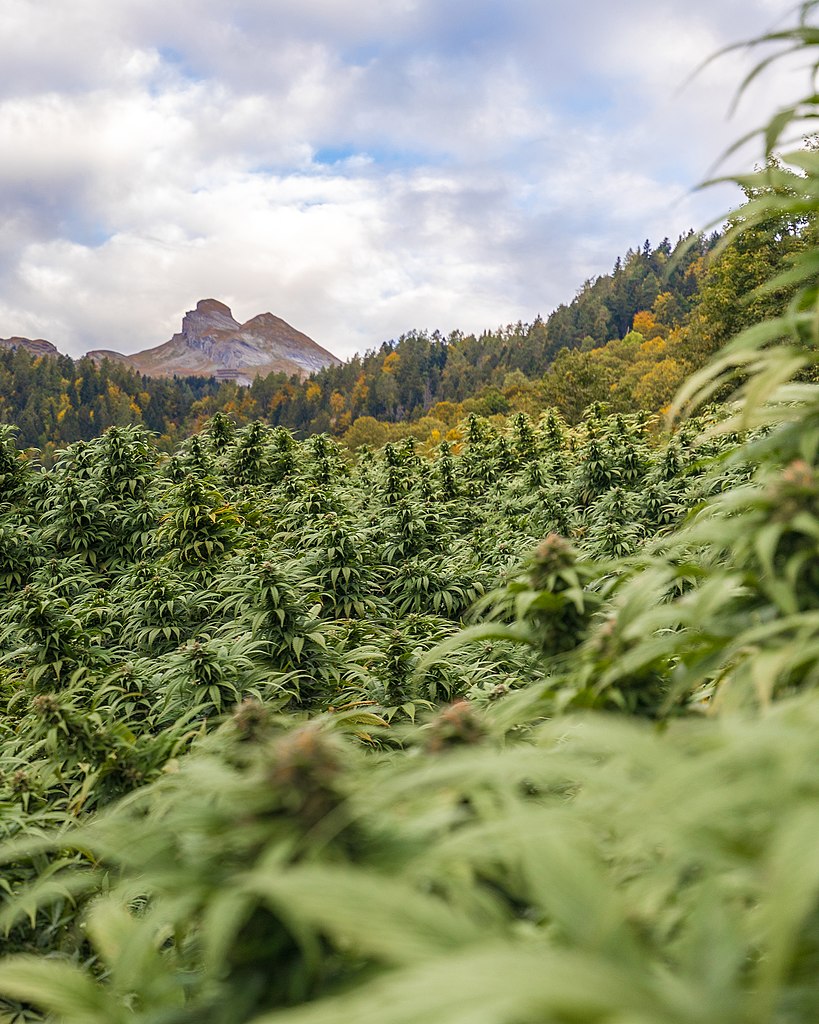
By JOSH BAILEY
Pima Post
Since recreational marijuana usage in Arizona was legalized at the start of 2021, the state has had various businesses take root that specialize in producing professional-grade cannabis.
Most of these were outcroppings of earlier medical-orientated production companies and patents. Although state law and the Arizona Department of Health dictate that edibles for recreational sale cannot contain more than 100 milligrams of Tetrahydrocannabinol (THC), patients with a medical card are able to purchase higher potency marijuana ranges from 200-1,000 mg in a single edible.
Federal law mandates that any marijuana product, which contains an overall THC concentration of more than 10%, is classified as a “high-potency” product and is subject to the rules on the federal and state level.
The argument exists for high-potency edibles to be detrimental to the memory process within the human brain. Outside of old stereotypes of the lazy unmoving cannabis user, studies have shown that there might be a sliver of truth to the belief that consuming too much marijuana can impact short-term memory.
According to a study by Washington State University, high-potency concentrates and flower have the potential to cause severe delays in real-time memory.
When consuming concentrates with a higher level of THC, ranging from 25% to 60%, the researchers of WSU recorded notable results that indicated an impaired subject had a significantly lower reaction time and ability to recall short-term memory. The 80 participants were divided into four groups: Two groups used cannabis flower with more than 20% THC but one containing cannabidiol (CBD), a non-psychoactive component of cannabis, and the other without CBD. Another group vaped cannabis concentrates with more than 60% THC that included CBD. A fourth group remained sober. Rather unsurprisingly, the sober participants retained their abilities to recall the most.
For students, it can prove to be very detrimental to their academic performance with the more potent cannabis they might consume before class. Since memory retention is the backbone of academic success, consistent use might hinder them.
A recent increase in children under the age of 12 consuming these potent edibles has been reported by various news outlets, and pushes for restrictions and regulation of THC edibles have called for changes to be made in the marketing and appeal of the drugged food itself. These regulations include changing the shapes of marijuana-infused candies and edibles to not be fruit-shaped or generally appealing to a younger consumer base. The number of children under 12 who have ingested edibles at home jumped from 132 in 2016 to almost 2,500 last year, according to the American Association of Poison Control Center. For very young children, severe medical issues can occur when even smaller amounts of gummies and hospitalization may be required in those under 6 years old.
On the contrary, many studies have proven that when used responsibly, consumption of marijuana edibles can assist those with insomnia, muscle pain and Post Traumatic Stress Disorder, among a variety of symptoms that doctors regularly prescribe to medical patients. However, the question now falls on Arizonans to decide whether high-potency cannabis should not be available to the public recreationally. If so, the already heavily regulated and volatile cannabis market might see prices fluctuate even higher.
